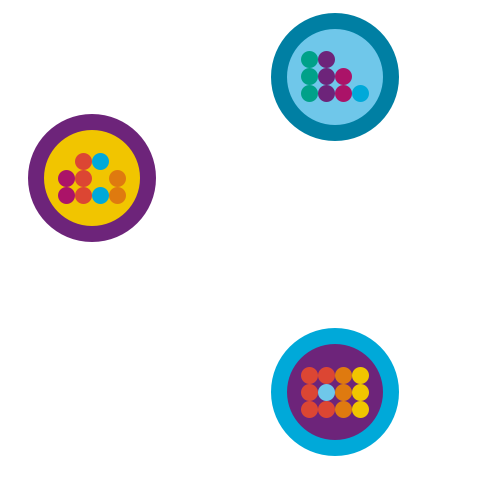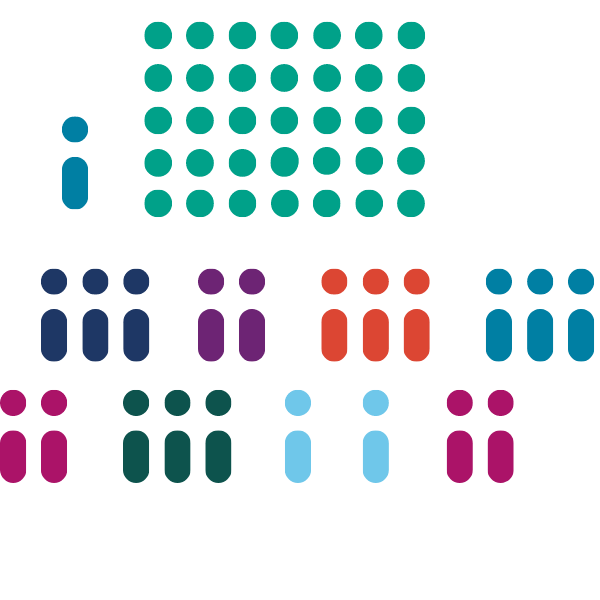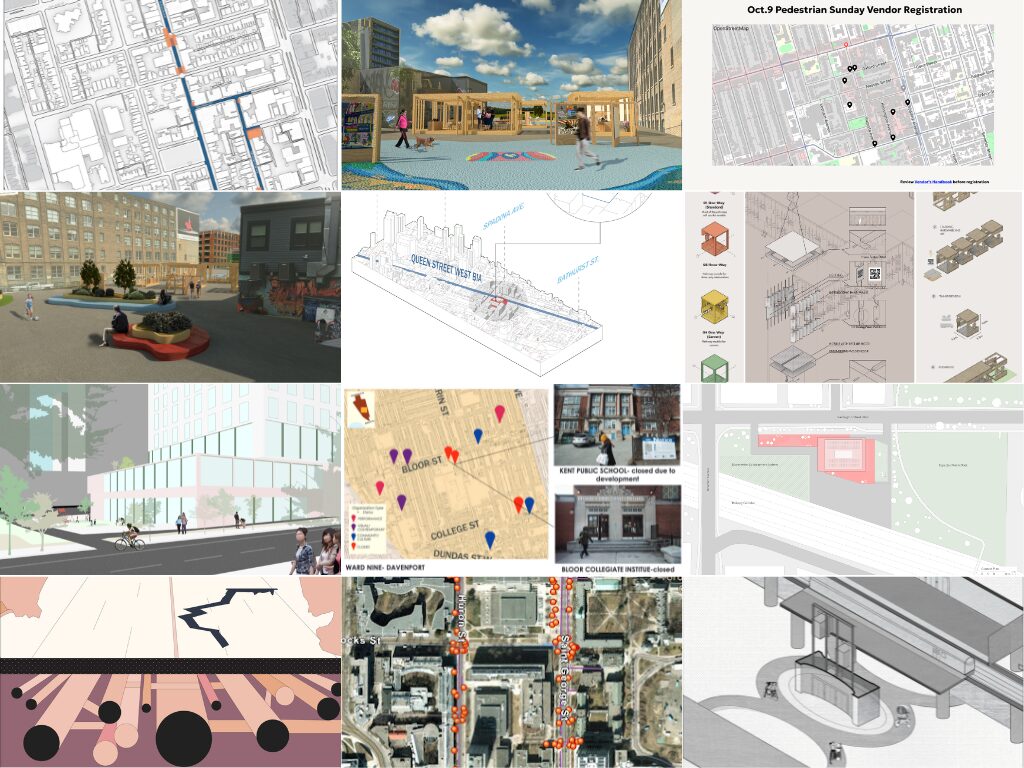The Multidisciplinary Urban Capstone Project (MUCP) / International Multidisciplinary Urban Capstone Project (IMUCP) is a full-year academic course open to undergraduate students in their final year from all U of T faculties, departments and campuses.
Students are placed in multidisciplinary teams and matched with a community partner that has identified an existing urban challenge that they would like the students to consult on. Over the course of the academic year, teams research, propose, and ultimately prototype an intervention to address this challenge.

Does your municipality or organization have an urban-based problem that needs solving? Become an MUCP community partner.
Are you an undergraduate student with interest in urban issues and looking for real-world experience? Become an MUCP student.

Past MUCP projects
2023-24

2022-23

2021-22

2020-21

2019-20



